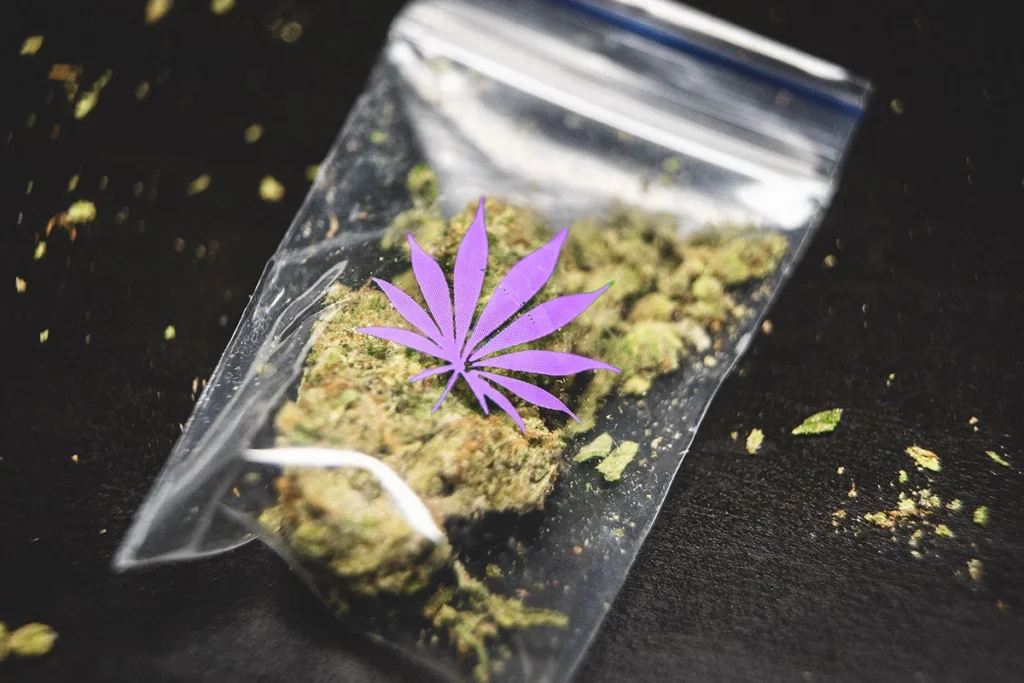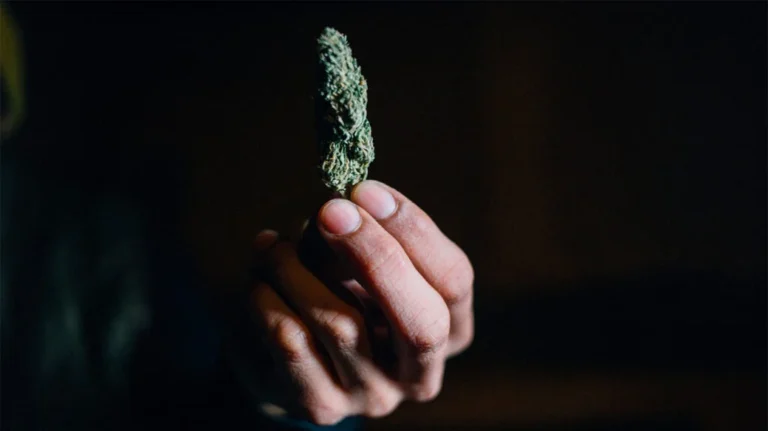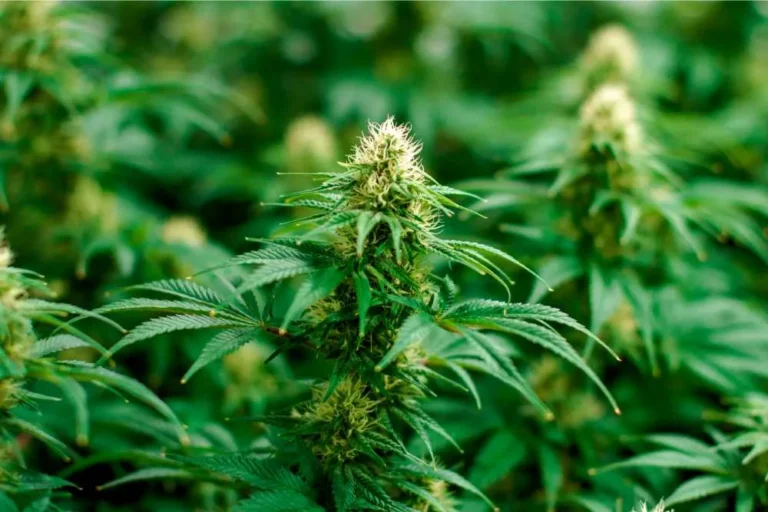Delta 9 Not Working
Delta-9-tetrahydrocannabinol (Delta 9 THC) is the main psychoactive compound in cannabis, best known for creating the euphoric high that many users enjoy. However, some people may notice that Delta 9 isn’t working as effectively as it once did, which can be frustrating, especially for those using it for therapeutic purposes. Let’s explore why this may be happening and what can be done to address it.
One common reason Delta 9 may lose its effectiveness is the development of tolerance. With regular use, the body can become accustomed to the effects of Delta 9 THC, meaning higher doses are needed to experience the same level of relief or high. This occurs because Delta 9 THC interacts with the brain’s cannabinoid receptors, particularly CB1 receptors. Over time, these receptors can become less sensitive or downregulated, making the compound less effective.
If you notice that Delta 9 isn’t as effective as it once was, it might be time to think about taking a tolerance break. A tolerance break, or “T-break,” involves temporarily pausing cannabis use to give your cannabinoid receptors a chance to reset and regain sensitivity. The ideal duration of a tolerance break can differ based on your usage habits, but even a short break of a few days to a week can make a noticeable difference for some users.
Additionally, consider how you’re consuming Delta 9. The bioavailability of Delta 9 THC—meaning the amount that actually enters your bloodstream—can vary greatly depending on the consumption method.

Smoking or vaping Delta 9 delivers fast effects, but its bioavailability tends to be lower than edibles, which pass through the digestive system and liver before entering the bloodstream. If you’re not experiencing the desired effects from Delta 9, trying different consumption methods may help you discover a more effective way to enjoy its benefits.
The strain and cannabinoid profile of the cannabis product you’re using can also influence its effectiveness. Cannabis contains a variety of cannabinoids and terpenes that affect its overall impact. If Delta 9 isn’t working for you, experimenting with a different strain or product that has a varied cannabinoid profile may provide better results. For instance, some users find that strains with higher levels of CBD or other minor cannabinoids enhance the effects of Delta 9 THC.
Your diet and general health can also affect how your body responds to Delta 9 THC. Factors like hydration, nutrition, and physical well-being play a role in how cannabinoids are metabolized. Staying well-hydrated, maintaining a balanced diet, and focusing on overall health can help optimize your body’s response to Delta 9.
For those using Delta 9 THC for medical purposes, consulting a healthcare professional is important if the effects seem insufficient. There may be underlying medical issues or drug interactions impacting the effectiveness of Delta 9. A healthcare provider can offer guidance on adjusting your dosage, exploring alternative treatments, or incorporating additional therapies to suit your specific needs.
Exploring other cannabinoids may also be beneficial. Cannabinoids like Delta 8 THC, HHC, or CBD offer different effects and might be more suitable for your individual response. For example, Delta 8 THC is known for a milder high, which some users prefer, while HHC (hexahydrocannabinol) is gaining attention for its potential psychoactive effects and may serve as a suitable alternative if Delta 9 isn’t providing the desired results.
If Delta 9 THC doesn’t seem as effective as it once did, factors like tolerance, consumption methods, strain variety, and overall health could be contributing. By understanding these elements and making thoughtful adjustments, you can improve your cannabis experience and continue to enjoy its therapeutic or recreational benefits. Always seek advice from a healthcare professional if you have concerns about your cannabis use or its effectiveness.





